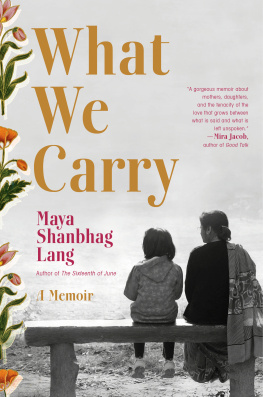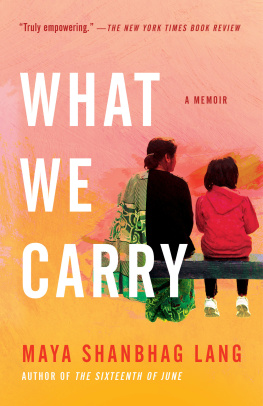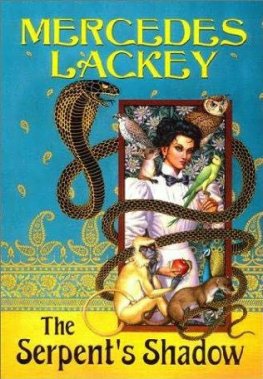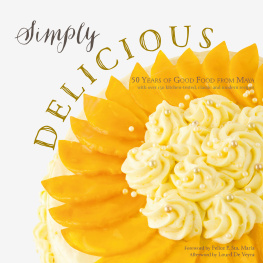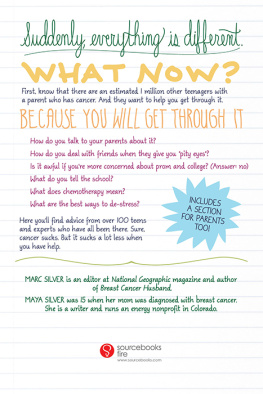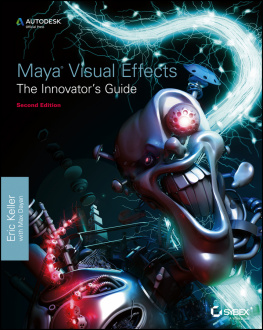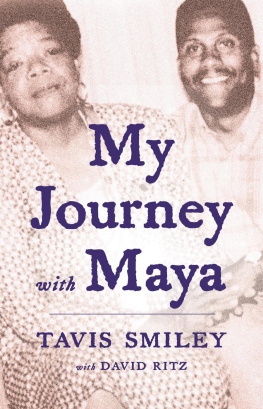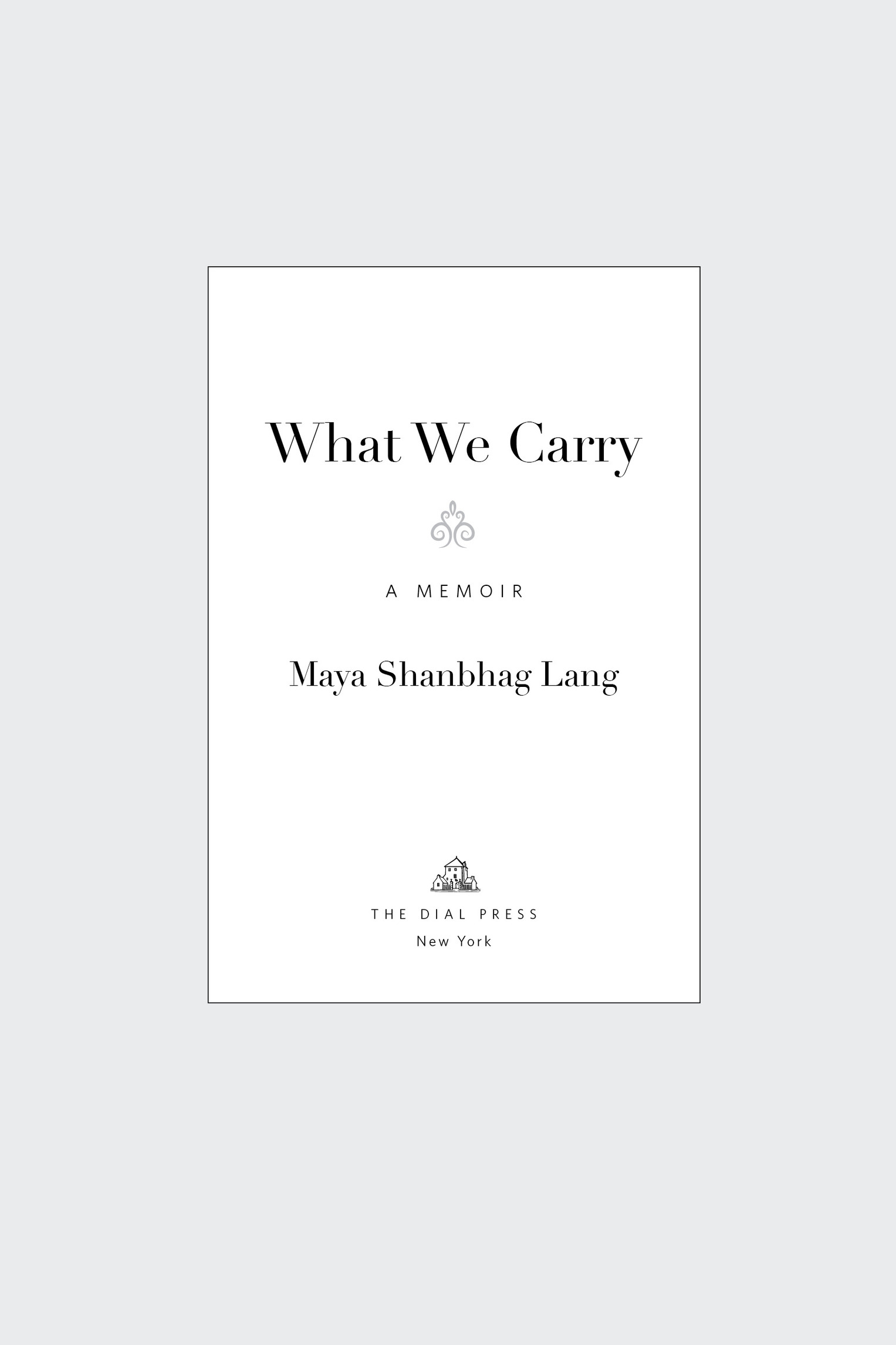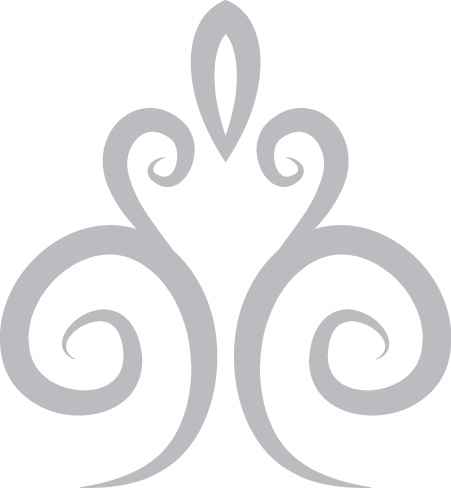WHAT WE CARRY is a work of nonfiction. Some names and identifying details have been changed.
All rights reserved.
Published in the United States by The Dial Press, an imprint of Random House, a division of Penguin Random House LLC, New York.
T HE D IAL P RESS is a registered trademark and the colophon is a trademark of Penguin Random House LLC.
Names: Lang, Maya, author.
Title: What we carry: a memoir / by Maya Shanbhag Lang.
Description: First edition. | New York: The Dial Press, [2020]
Identifiers: LCCN 2019018845 | ISBN 9780525512394 (hardback) | ISBN 9780525512400 (ebook)
Subjects: LCSH: Lang, Maya. | Lang, MayaFamily. | Women authors, AmericanBiography. | East Indian American womenBiography. | Mothers and daughtersUnited StatesBiography.
Cover images: (mother and daughter) Atul Tater/Getty Images; (flowers) detail from Lovers on a terrace by a moonlit lake, from the Small Clive Album (opaque w/c on paper), Mughal School (18th century) / Victoria & Albert Museum, London, UK / The Stapleton Collection / Bridgeman Images
Illusion is the first of all pleasures.
We tell stories in order to live.
You your best thing, Sethe. You are.
Prologue
Mayudi, I want to tell you a story, my mother told me.
My daughter was nine days old. Overwhelmed by the new demands of motherhood, I had turned to my mom for support. I wanted her to listen in her sympathetic way, to take up my feelings, to murmur in agreement as she did. Always, after talking to my mom, I felt better.
Once, she began, there was a woman in a river. She held a child in her arms, her son
Wait, I interrupted, puzzled, is this an Indian story? A myth? I wondered if my mom was about to launch into a Hindu legend involving Lakshmi or some other goddess struggling in the Ganges.
Just listen, my mom admonished. She cleared her throat.
Once, she began again, there was a woman in a river. She held a child in her arms. Her son. She needed to cross the river, but it was much deeper than expected. As the water reached her chest, she panicked.
She saw that she had a choice. She could save herself or she could save her child. They would not both make it. What does she do?
Listening, I felt restless. I didnt know what this riddle had to do with me or why my mom was telling it. Besides, I knew the answer without having to give it much thought. The woman would sacrifice herself for her child. It was how all stories of motherhood went, particularly Indian myths. I said so to my mother, expecting her to agree. But she surprised me.
We do not know the outcome, she told me. We do not know what the woman in the river chooses. Until we are in the river, up to our shouldersuntil we are in that position ourselves, we cannot know the answer. We tell ourselves we will sacrifice ourselves for our children, but the will to live is very strong.
Her words astonished me. A woman choosing herself! The mere possibility felt audacious.
We must not judge, my mom continued. That is the real lesson of the story. Whatever a woman decides, it is not easy.
This wasnt how my mother usually spoke. She had sacrificed everything for her children, a fact she liked to allude to as often as possible. Hearing her acknowledge maternal selfishness was jarring. Strangely, though, it comforted me.
Practical by nature, a scientist by trade, my mom usually simplified matters, boiling them down to their essence. Forthright, blunt, she was the person who had all the answers, who did not suffer from self-doubt, yet here she was, acknowledging nuance and the possibility that life might be more complicated than easy answers permit.
I wasnt sure what to make of this new side of her. While part of me welcomed it, I was an exhausted new mother. I wanted her to cut to the chase: to tell me how to manage motherhood, to describe what she had done. I wanted her to be who she had always been. When I most craved clarity, she had given me an enigma.
I didnt understand that she was trying to give me the answers I sought. She just didnt know how. Her attempt was circuitous and clumsy. Instead of being blunt, she was being coy.
In the years to come, I would often think of the woman in the river, up to her chest in rising waters, paralyzed by fear and indecision. Eventually, as I learned the truth about my mothers choices, I would see my familys story captured in the tale. I had been right to be restless when my mom first told me that story. I had known on some level that she was being evasive. What I hadnt realized was that, through fiction, she was trying to come clean.
The story was her way of owning up to what she had long hiddento help me see what had always been before my eyes.
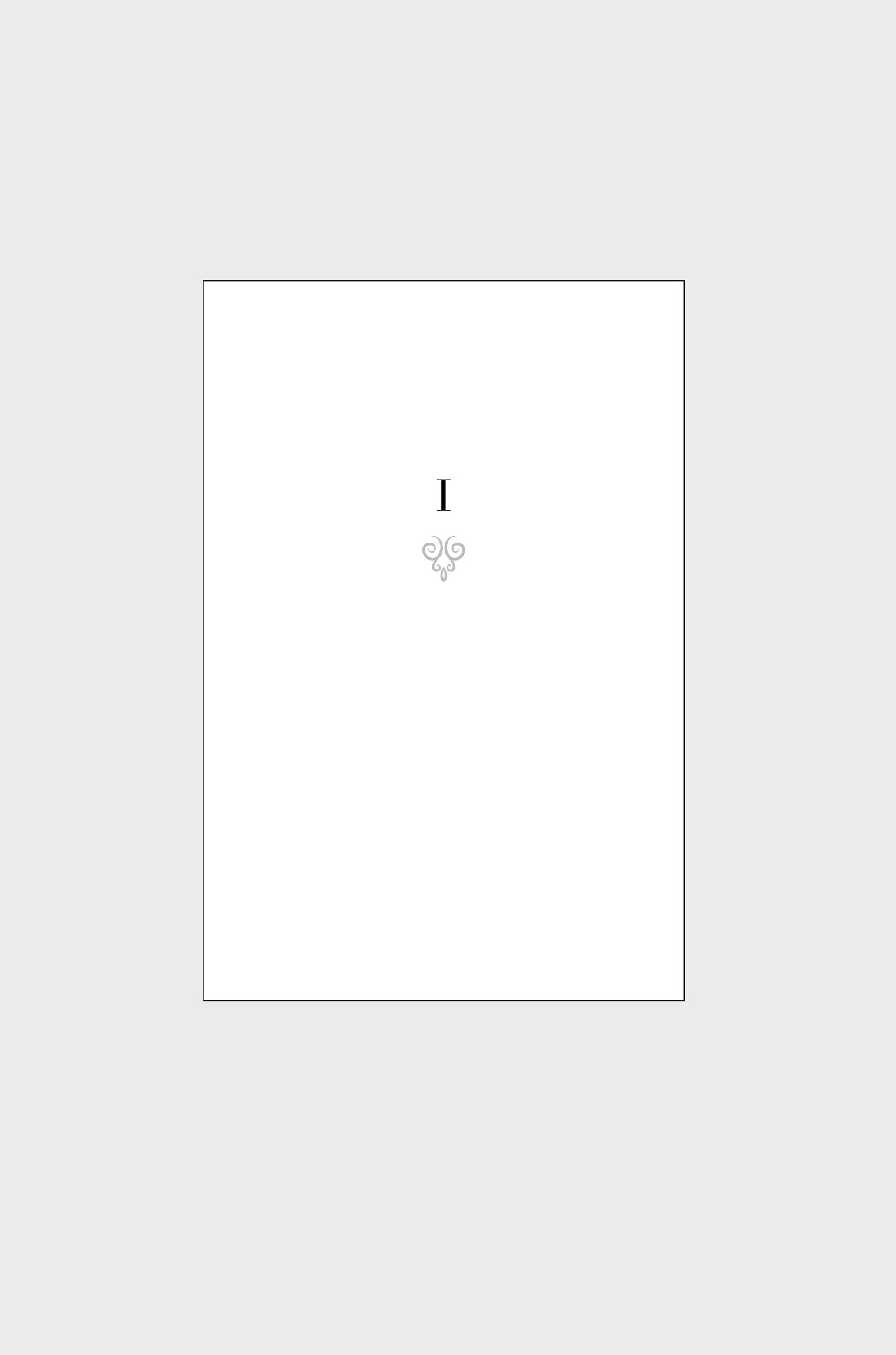
1
I am six months pregnant, living in a city that feels utterly alien to me, talking on the phone, as I so often do, with my mother. Talking to her makes me feel less isolated, more assured, though on this particular day our conversation takes a strange turn.
I am thinking of taking an easier job, she says, now that I am old.
Mom, I scoff, youre not old.
Soon I will be sixty-five.
Thats two years away!
I must face reality. I can no longer be who I was.
I go quiet, unsure if I am supposed to argue with her or not.
My mom has a history of abrupt decisions. Ten years earlier, when I was in college, she divorced my dad after nearly thirty years of marriage, a shock to our Indian family. She quit her job and moved from Long Island to the unknown suburbs of New Jersey. These decisions werent bad onesId wanted her to divorce my dad for some timebut they were startling for the way she did them, all at once. Why New Jersey? I asked from my dorm room. It was all I could think to say. It will be good for work, she replied. She was right. She landed a dream position running clinical trials for pharmaceutical companies and was happier than I had ever seen her.
However perplexing, her decisions have always worked out. Who am I to doubt her? When I was a girl, there was once a car accident on our street, a motorcyclist flung onto a neighbors lawn. My mom rushed outside and took control of the scene. This is how I picture her, a doctor radiating authority, even in a nightgown. She is the most capable person I know. I may not always understand her, but I have complete faith in her.

